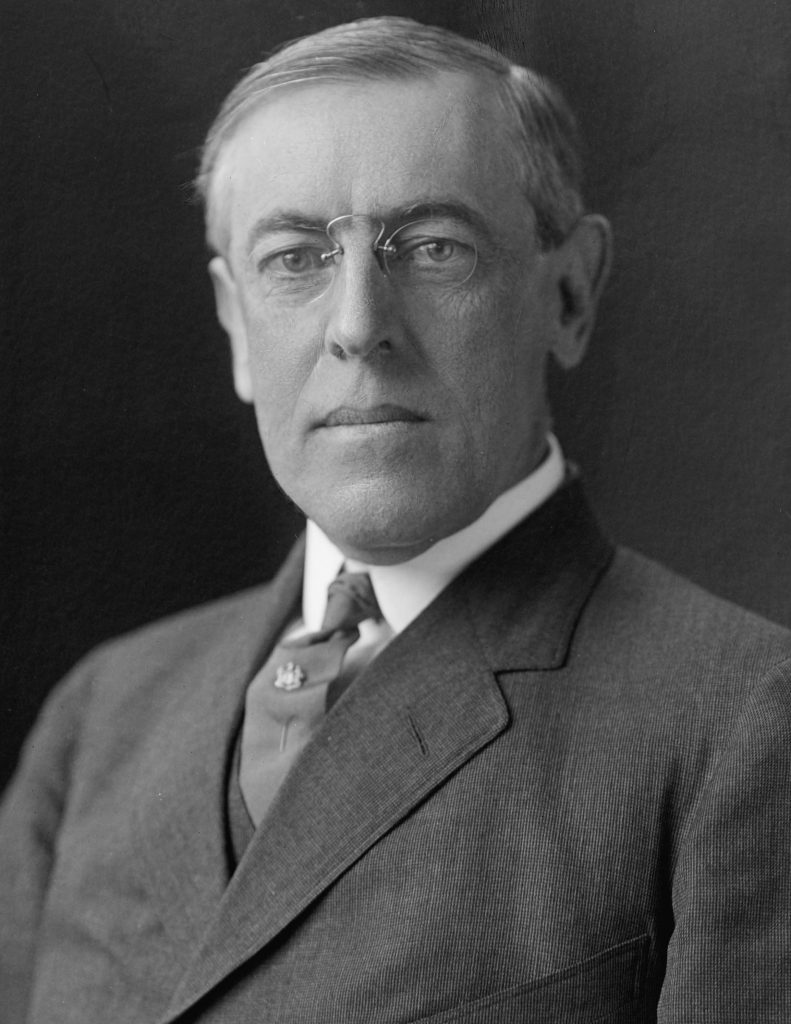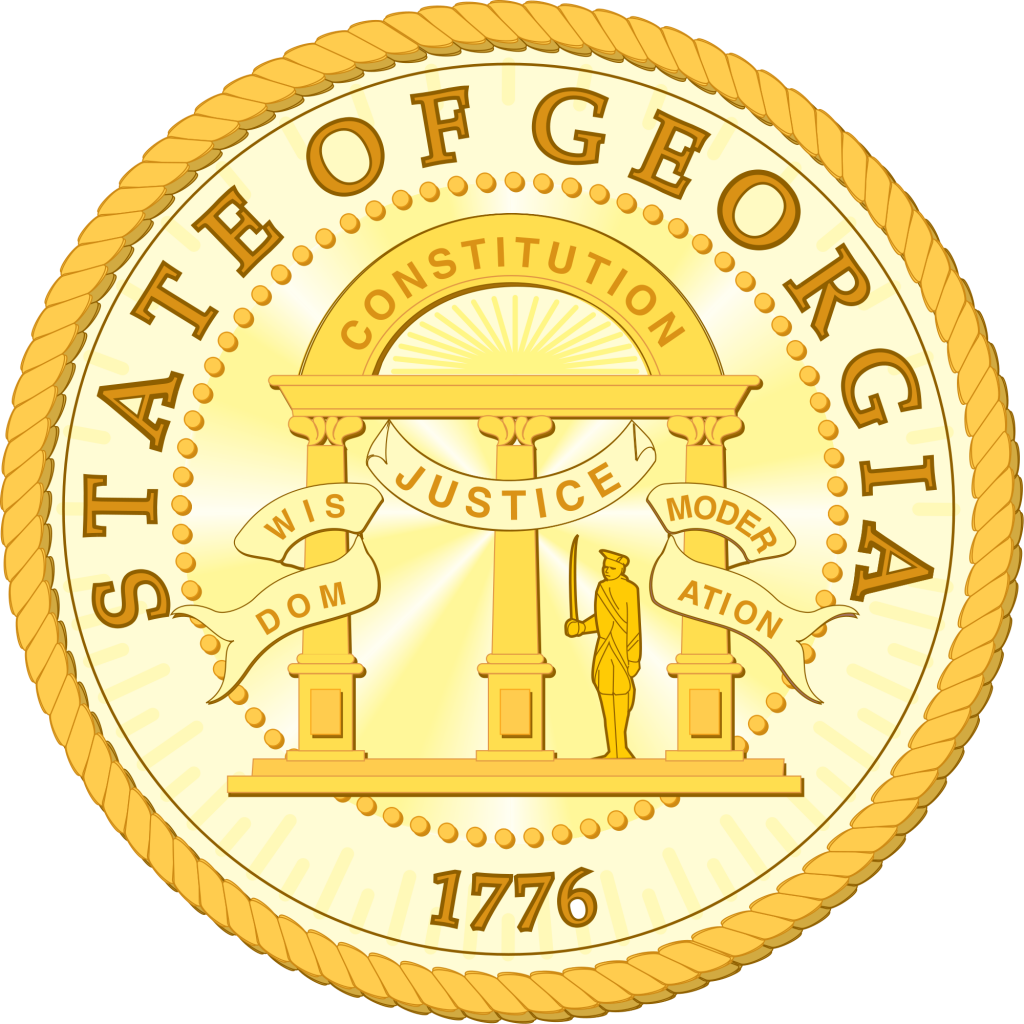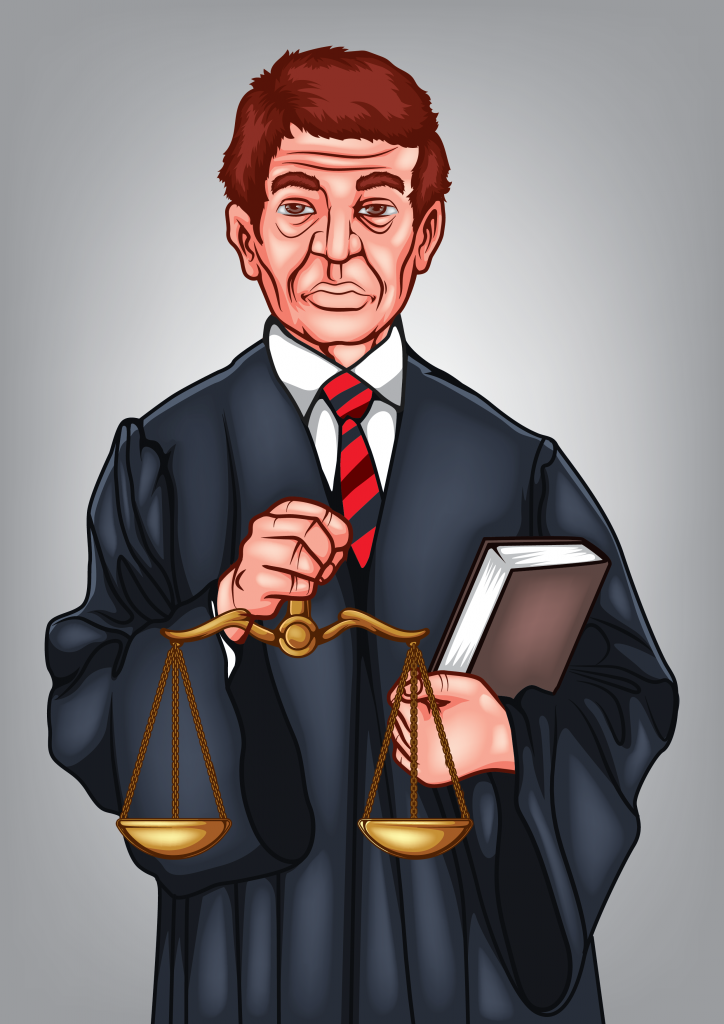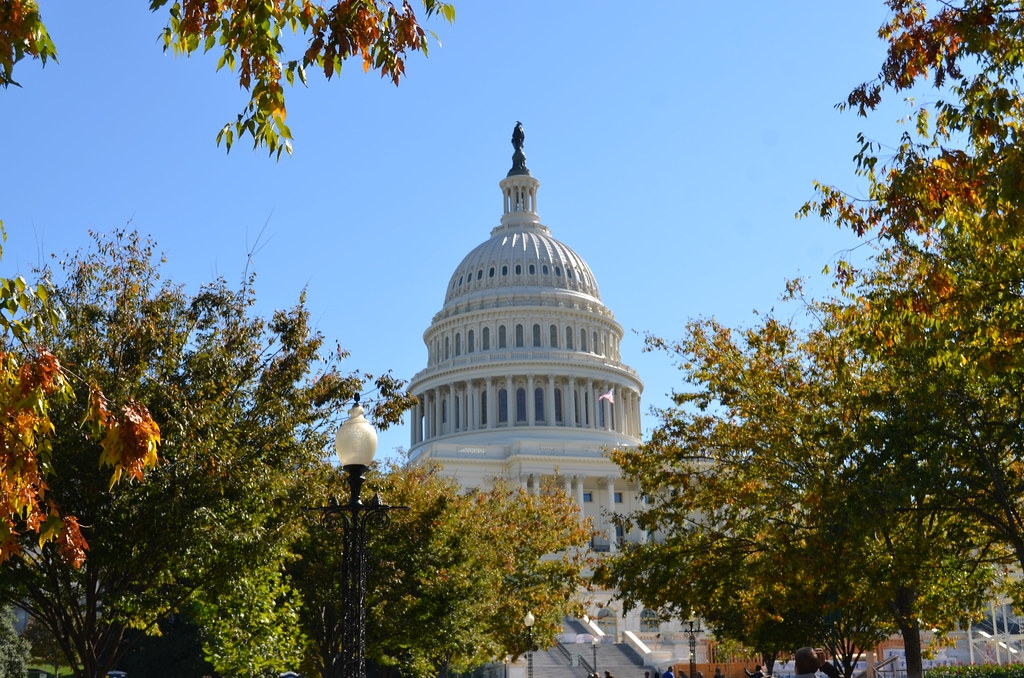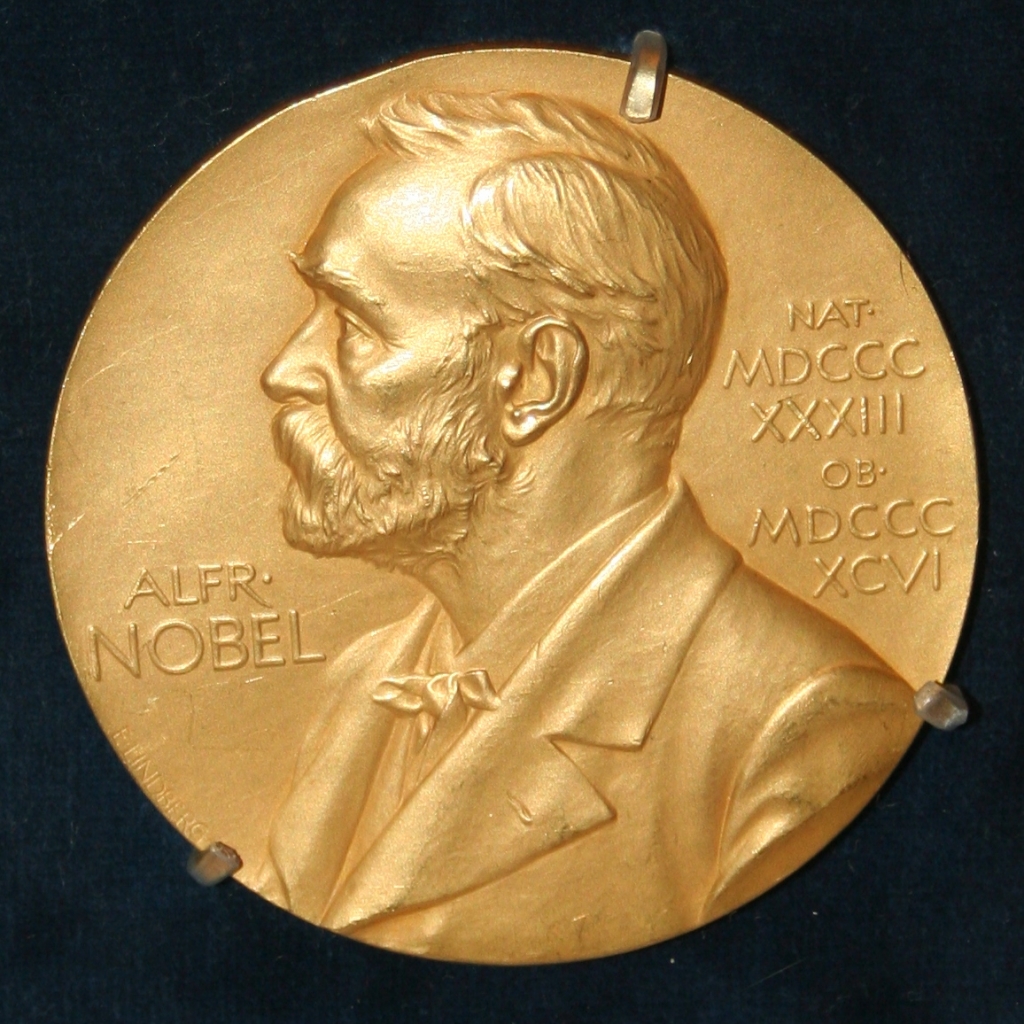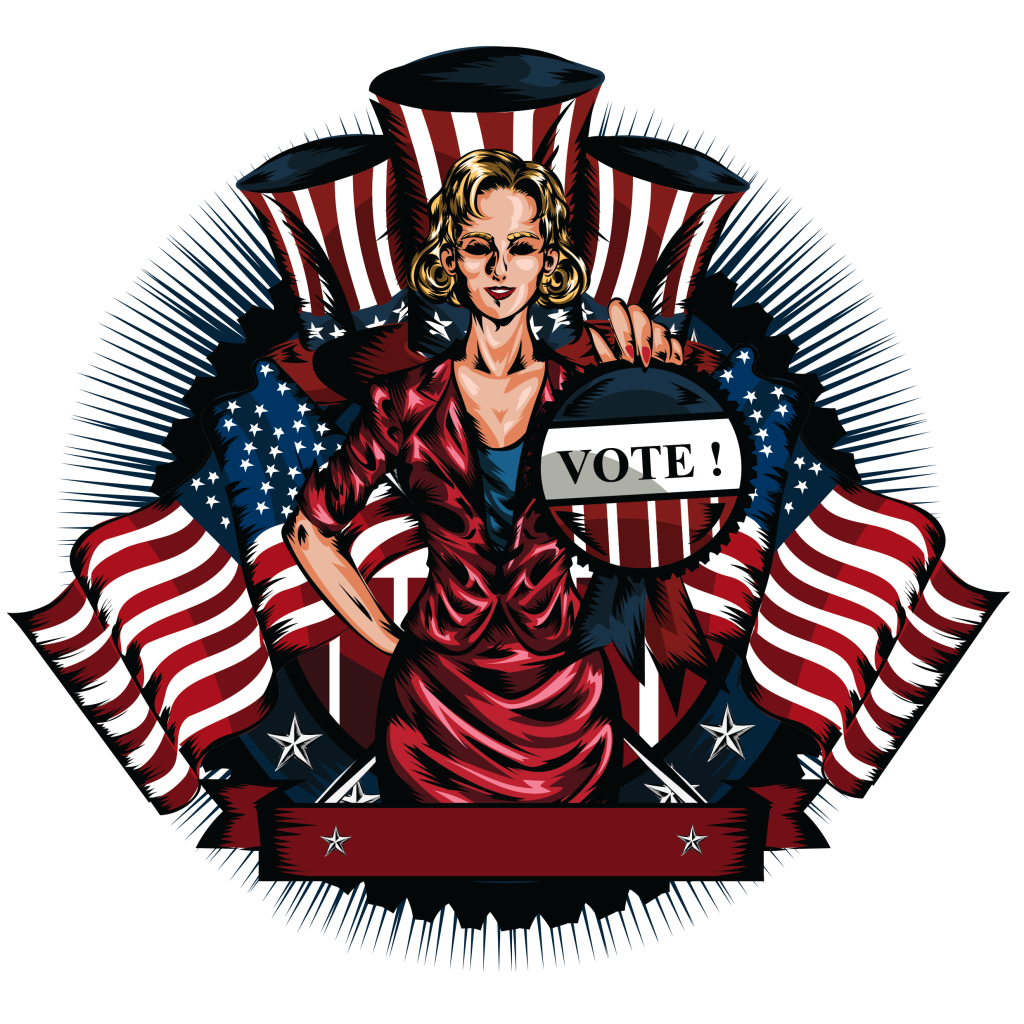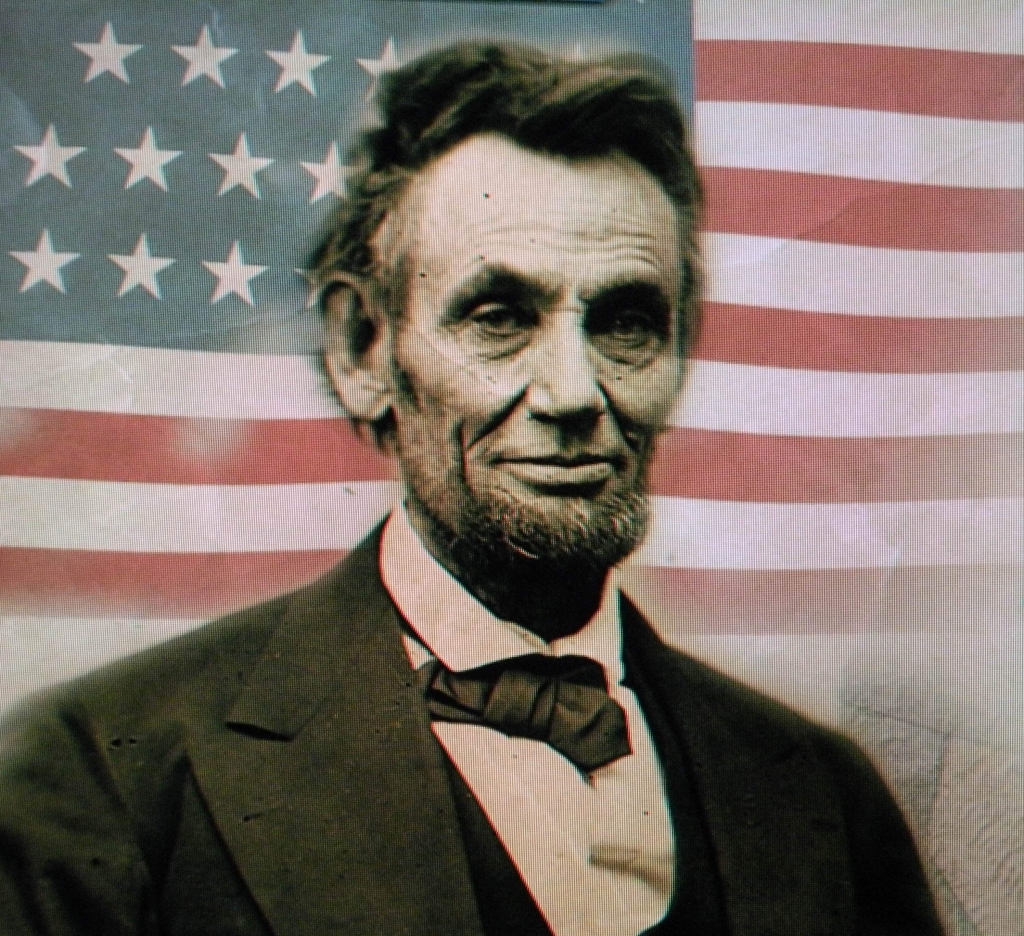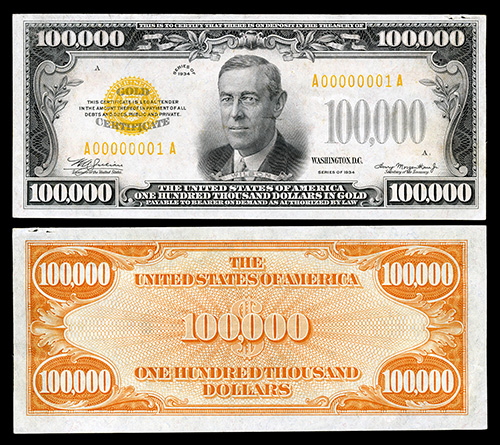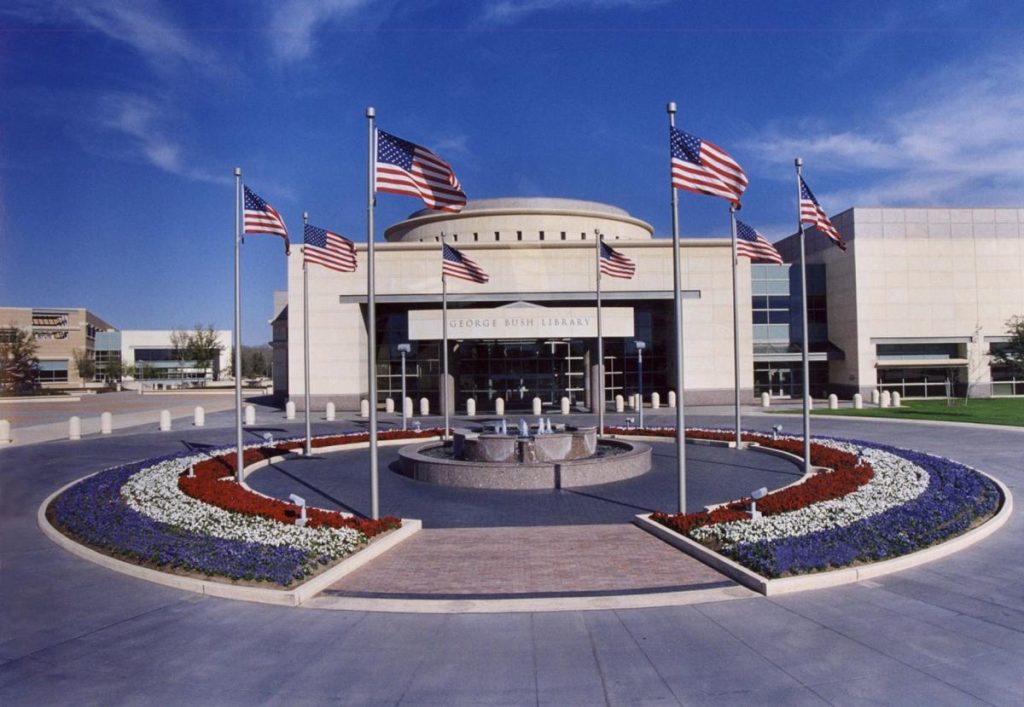Woodrow Wilson Biography
28th President of the United States
Years Served as President: 1913-1921
Vice President: Thomas Riley Marshall
Party: Democrat
Age at Inauguration: 56
Home State: Virginia
Date of Birth: December 28, 1856
Died: February 3, 1924
Married: Ellen Louise Axson, Edith Bolling Galt
Children: Margaret, Jessie, Eleanor
Nickname: Schoolmaster/Professor
What is Woodrow Wilson known for?
Woodrow Wilson famously guided the United States through World War I and helped form the League of Nations. He advocated for democracy and world peace.
Wilson is often ranked by historians as one of the greatest presidents in U.S. history.
Early Life
Woodrow Wilson was born in Virginia in 1856. His father Joseph was a Presbyterian minister, while his mother Janet was a minister’s daughter from England.
Wilson’s full name is Thomas Woodrow Wilson, and he was called Tommy as a boy. He grew up in both Augusta, Georgia, and Columbia, South Carolina.
He did not learn to read until the age of 10, likely because of dyslexia. Still, he went on to become an excellent student and graduated from Princeton University.
After graduation, Wilson went to law school at the University of Virginia. He briefly practiced law in Atlanta before earning a Ph.D. in political science from Johns Hopkins University.
He taught at Bryn Mawr College, Wesleyan College, and Princeton University. From 1902 to 1910, he was president of Princeton University and became known for his educational reform policies.
Family Life
In 1885, Wilson married Ellen Axson. Ellen was a minister’s daughter. The couple had three daughters.
During Wilson’s first presidential term, Ellen died of kidney disease. A year later, he married Edith Bolling Galt. She was the widow of a Washington, D.C. jeweler.
Political Career
Wilson’s involvement in politics began in 1910 when he was elected the governor of New Jersey. He fought against political corruption and continued earning a reputation as a progressive reformer.
In 1912, the Democrats nominated Wilson for president. The Republican Party was split between William Howard Taft and Theodore Roosevelt, allowing Wilson to win the election.
He won 435 electoral votes and close to 42% of the popular vote. Wilson had run on a platform of liberal reform.
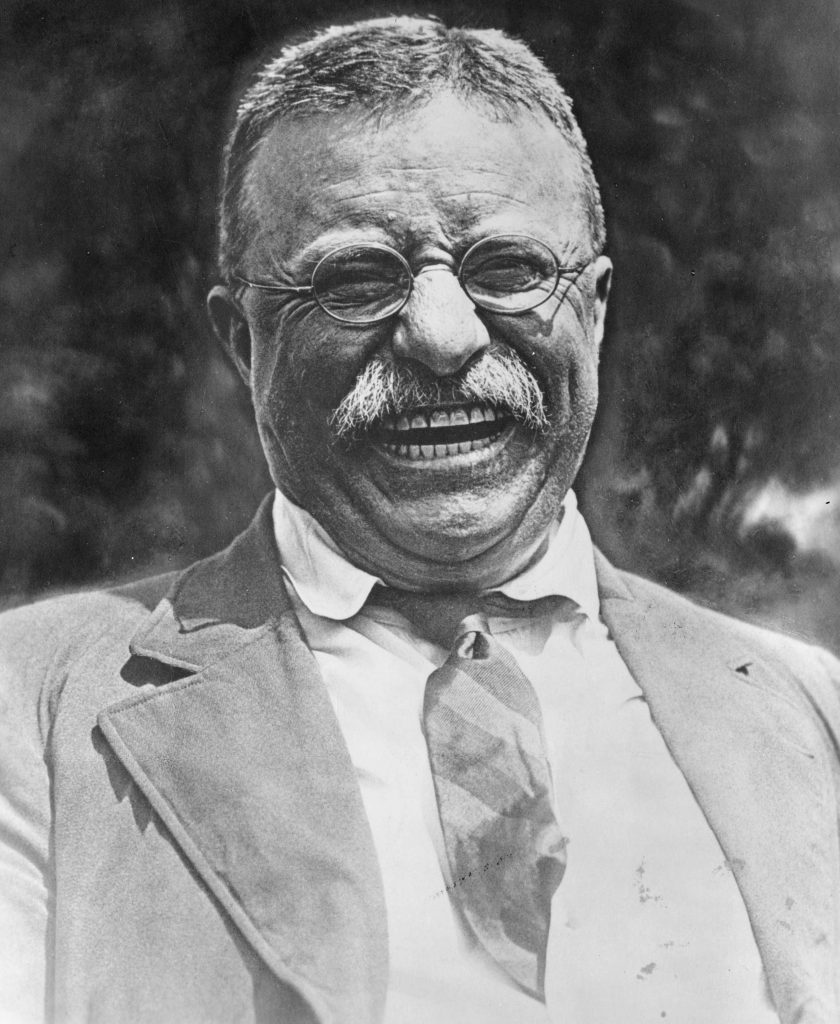
Presidency
As president, Wilson began putting his scholarly knowledge of government into practice. He achieved significant progressive reform, including:
- Passing the Underwood-Simmons Act, which imposed a new federal income tax and reduced the tariff on imports.
- Establishing the Federal Reserve and the Federal Trade Commission.
- Passing child labor laws and an eight-hour day for railroad workers.
- Supplying government loans to farmers.
He also nominated Louis Brandeis for the Supreme Court. Brandeis became the first Jewish Supreme Court justice.
World War I
A year after Wilson became president, World War I broke out. Wilson was determined to keep the United States out of the conflict.
On May 7, 1915, a German submarine sank the British liner the Lusitania. More than 1100 people were killed, including over 100 Americans.
Wilson stuck to his policy of neutrality, but he warned the Germans that the United States would view similar actions in the future as “deliberately unfriendly.”
The American public was pleased that Wilson had kept them out of the war so far and elected him for a second term.
In early 1917, German submarines began attacking U.S. merchant ships. Around the same time, the U.S. discovered that Germany had tried to enter into an alliance against the United States with Mexico.
Winston declared war against Germany on April 2, 1917. He said the war was necessary because, “The world must be made safe for democracy.”
After the United States and the Allies won the war, Wilson played a major role in negotiating the Treaty of Versailles.
He also established the League of Nations, a group of countries that would help settle international disputes and prevent future wars. For this effort, he won the Nobel Peace Prize in 1919.
Second Term
Aside from dealing with World War I, Wilson’s second term saw the passage of the Nineteenth and Twentieth Amendments.
The Nineteenth Amendment prohibited the sale and purchase of alcohol. The Twentieth Amendment gave women the right to vote.
On September 25, 1919, Wilson collapsed from stress. On October 2, he had a stroke that partially paralyzed him.
These health problems were mostly kept secret from the public, and Wilson’s wife worked behind the scenes to ensure his duties were all completed.
After the Presidency
Wilson’s health never fully recovered after his breakdown and stroke. He established a law firm in Washington, D.C. but was not able to accomplish serious work due to his health.
He died on February 3, 1924 at age 67. Wilson was buried in the Washington National Cathedral. He’s the only president buried in the nation’s capital.
Fun Facts About Woodrow Wilson
Woodrow Wilson remains the only president to have earned a doctorate degree.
He was the last U.S. president to travel to his inauguration in a horse-drawn carriage.
Wilson said that his earliest childhood memory was hearing that Abraham Lincoln had been elected and that war was coming.
His experiences growing up during the Civil War motivated him to keep the United States out of World War I for as long as possible.
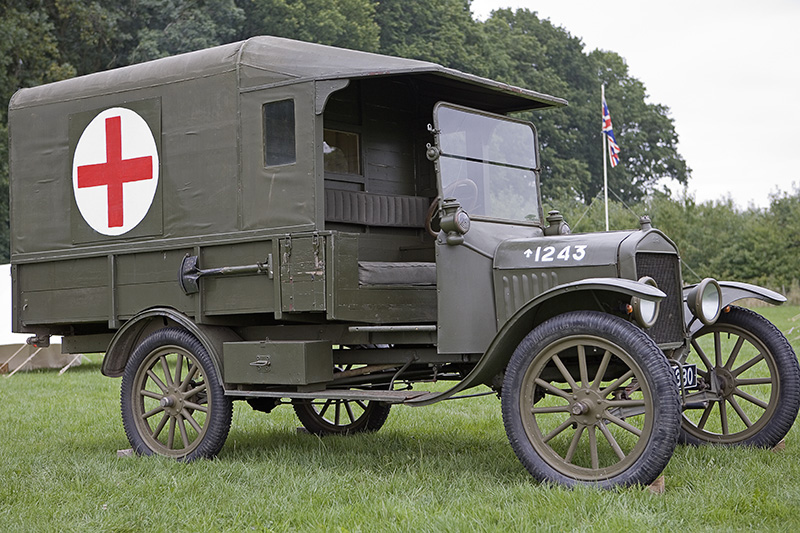
Wilson’s face was on the $100,000 bill.
For entertainment, Wilson enjoyed rides in the countryside, baseball games, vaudeville performances, musical comedies, and reading aloud from English poetry.
He’s commonly ranked as one of the five most important presidents, alongside Washington, Lincoln, and both Roosevelts (Theodore and Franklin).

